Ukrainian Foreign Minister Dmytro Kuleba said on Monday that he has called on the members of the United National Security Council (UNSC) to hold a meeting aimed at de-escalating Ukraine's tensions with Russia.
"I officially requested UNSC member states to immediately hold consultations under Article 6 of the Budapest memorandum to discuss urgent actions aimed at de-escalation, as well as practical steps to guarantee the security of Ukraine," Kuleba wrote on Twitter.
The meeting was initiated at the request of Ukrainian President Volodymyr Zelensky, Kuleba said.
While commenting on the meeting of Russia's Security Council that discussed the possible recognition as sovereign states the self-proclaimed Luhansk People's Republic (LNR) and Donetsk People's Republic (DPR) in eastern Ukraine, Kuleba called for calmness.
"We all should calmly focus on de-escalation efforts. No other way," he said.
Earlier in the day, Kuleba denied Russia's media reports that Ukraine has launched an offensive against Russia.
He said that Ukraine did not send saboteurs or armored personnel carriers over the Russian border, did not shell Russian territory, did not shell Russian border crossing and did not conduct acts of sabotage.
"Ukraine also does not plan any such actions," Kuleba emphasized.
Separately, the Ukrainian Defense Ministry said the units of the Armed Forces of Ukraine are in their positions, adhere to the Minsk agreements and do not carry out any offensive actions.
The ministry has accused Russia of blowing up its infrastructure and carrying out chaotic shelling of settlements, saying it is a tool of the information war against Ukraine to accuse Kiev of aggressive actions.
Earlier in the day, Russian media reported that the Russian military destroyed two infantry fighting vehicles of the Ukrainian army and killed five "saboteurs", which reportedly crossed the Russian border from Ukraine.
Besides, Russian media said that the Russian border checkpoint in the Rostov region was destroyed by a "shell coming from Ukraine".
Under the Budapest Memorandum signed in December 1994, Ukraine received security guarantees from Washington, London and Moscow in exchange for Kiev signing the Nuclear Non-Proliferation Treaty and surrendering what was then the world's third-largest nuclear arsenal.









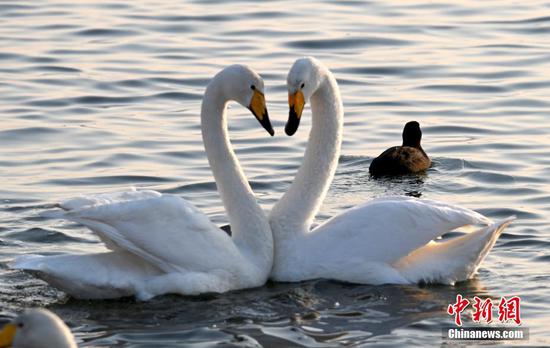
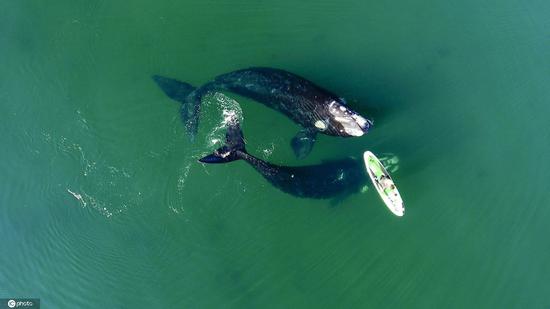
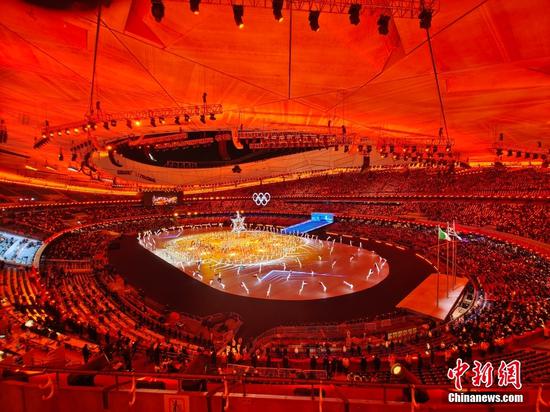
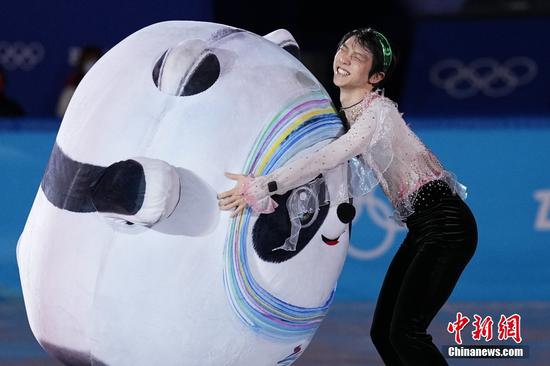

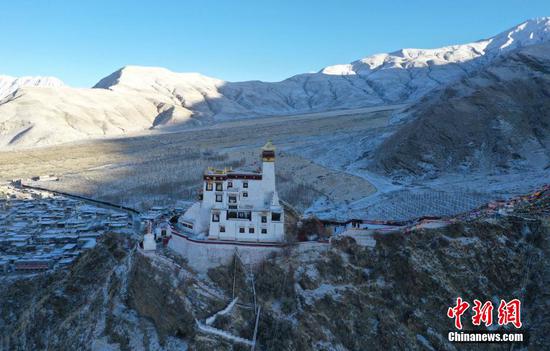
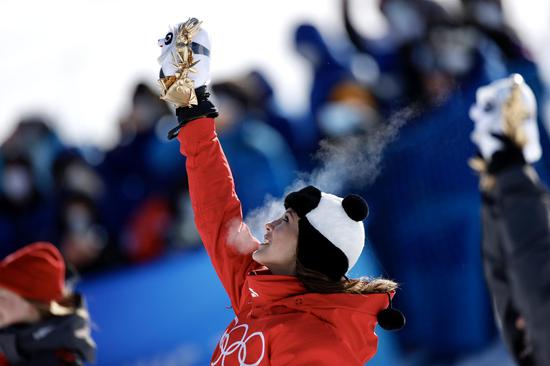

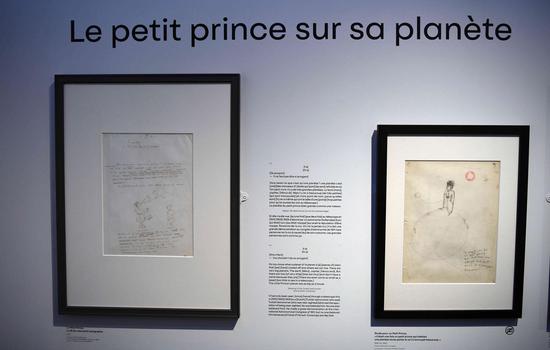

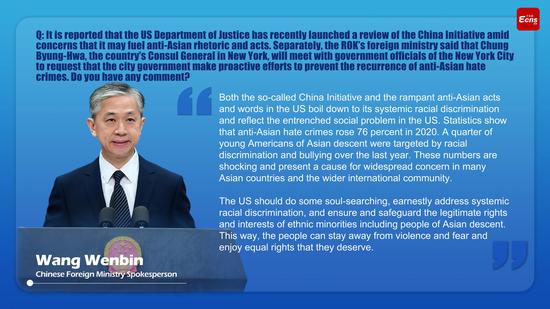



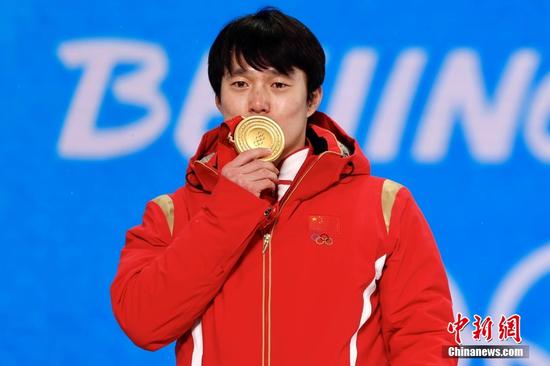
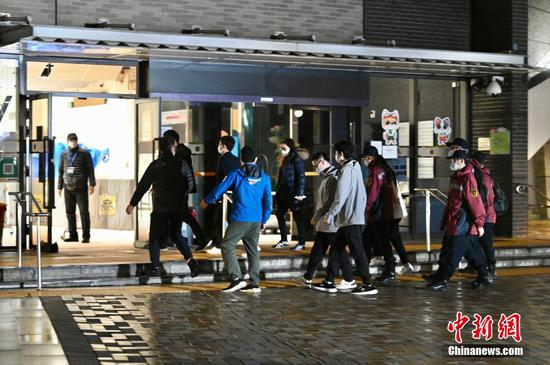

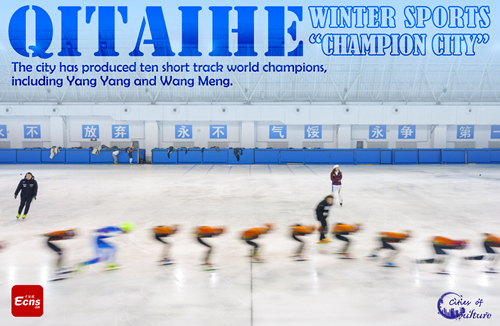

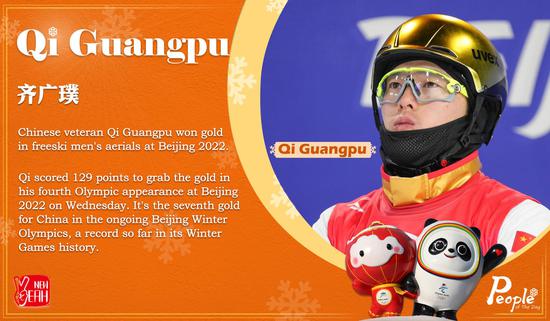


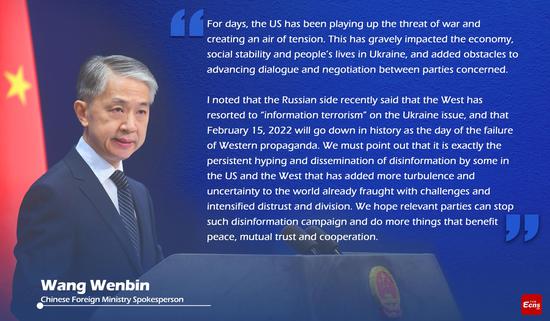

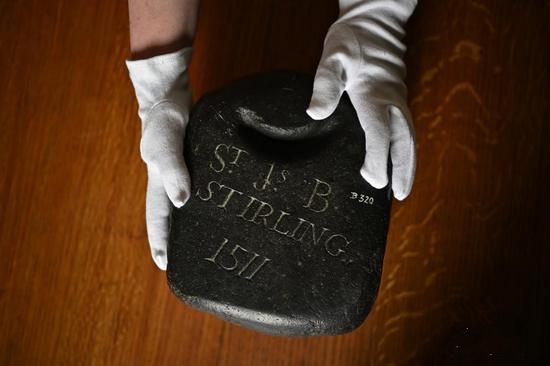
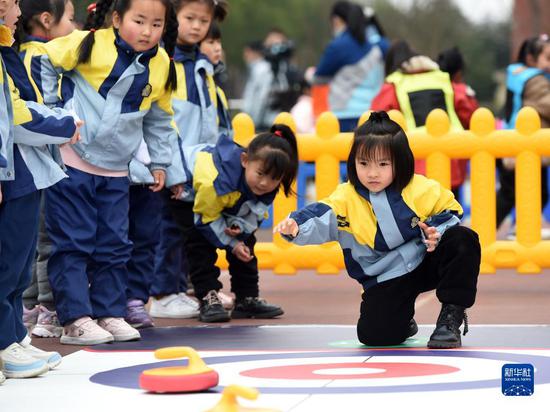
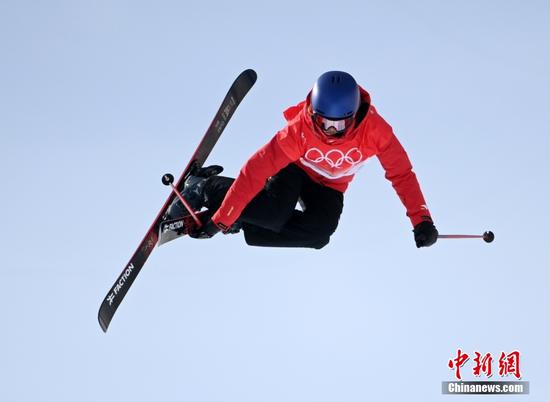
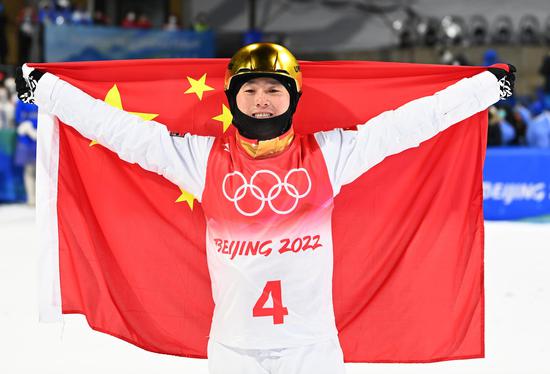
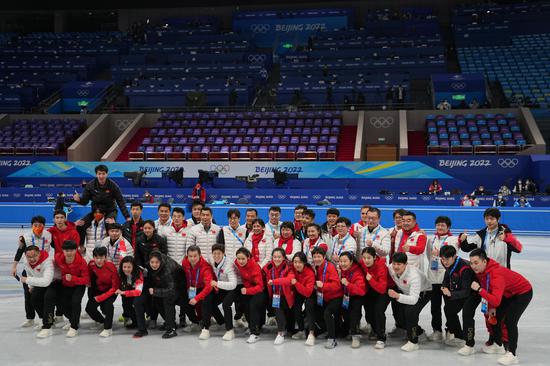




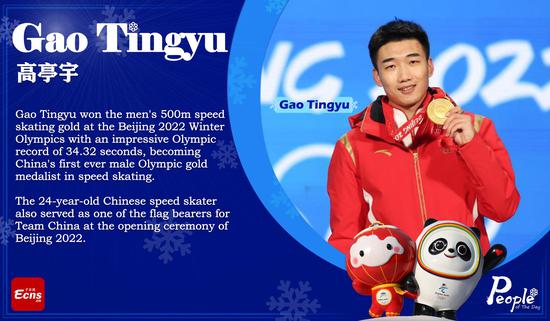

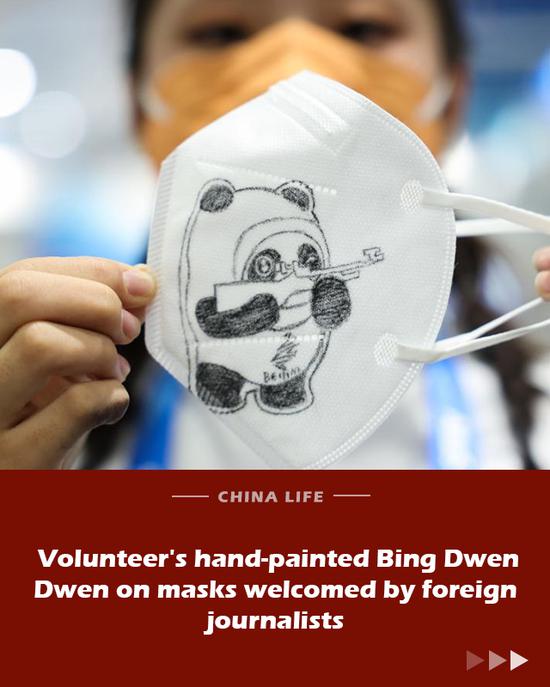





 京公网安备 11010202009201号
京公网安备 11010202009201号